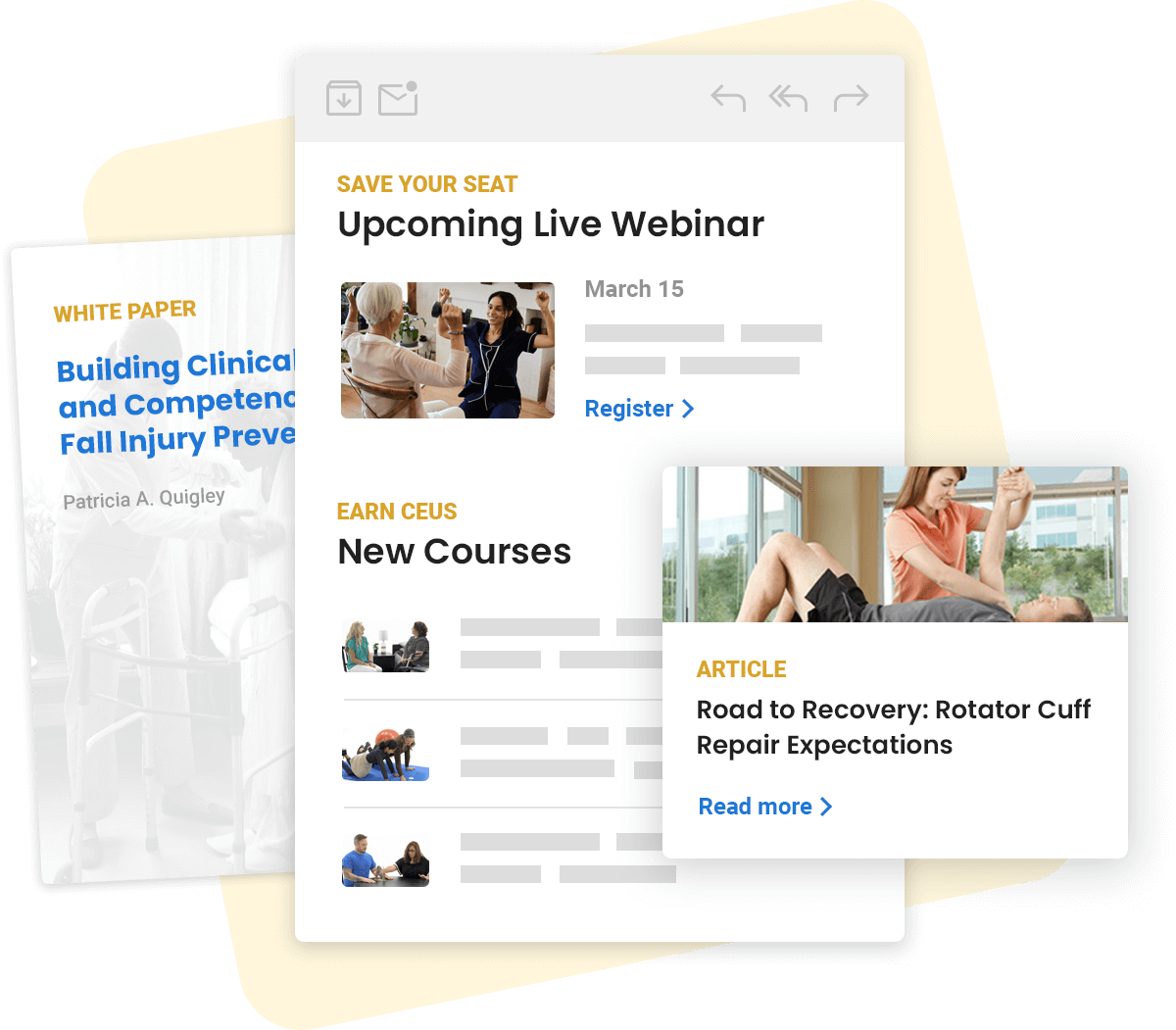Fact or Fiction? Dispelling the Myths Surrounding COVID-19

Right now it’s impossible to turn on the television or radio or peruse social media without hearing about COVID-19. Cities, states, and countries on lockdown, famous people under quarantine….
Along with the virus, the level of panic itself is practically a pandemic. In these trying times, how do we find the truth behind the fiction to reach the calm beyond the storm?
Finding a Way Forward
The first step toward overcoming any challenge in life is identifying why you feel the way you do. This includes taking a self-evaluation of subtle signs and symptoms that you may be choosing not to recognize. Responding to each will help you become stronger.
There are many reasons why a person might respond to stress in the way that they do. We all act differently in these times, and that is normal and acceptable. And you can expect different responses depending on your reasons for concern. For instance, are you:
- An older adult or person with a chronic condition that places you at higher risk?
- The parent of a child who has fears you can’t dispel?
- Someone who is actively on the front lines, helping with the COVID-19 response?
- Someone who struggles with the challenges of mental illness or substance use?
Finding yourself as a member of any one of these categories will likely cause you to feel increased apprehension. But how do you recognize that in yourself? Some indications of stress include:
- Fear and worry about your own health or the health of a loved one
- Changes in eating or sleeping patterns
- Difficulty sleeping or concentrating
- Worsening of chronic health conditions
- Increase in use of alcohol, tobacco, or other drugs
Finding Facts, Dispelling Fiction
So how do we go about finding the truth about coronavirus?
First of all, limit your sources of information. Stories have made the rounds on social media stating that gargling with salt water fights off the virus. If this were indeed true, we would not have a pandemic! But in this time of heightened awareness and fear, we reach for anything that is simple and positive. Always know your source—and make sure your source is reputable.
The best places to gather information are:
Additionally, each state has their own hotline to call in case you are concerned that you or a loved one has been exposed.
Helping Loved Ones Who Are Concerned
Sharing the facts about COVID-19 and understanding the actual risk to yourself and the people you care about can make this situation less stressful. Drill down the questions.
For example:
A resident in your community has been transferred by paramedics who screen positive to the question “Have you been in a community where there is active COVID-19?” You need to find out in what capacity this exposure occurred. Remember what we know about transmission:
- You need to have sustained prolonged close contact within six (6) feet of a person with active COVID-19.
- You have to be close enough to breathe in the virus when they are talking, coughing, or sneezing.
If it turns out that the paramedic was in a hospital setting with a known case but they were only on the fifth floor and the case was on the sixth floor, they did not have that sustained, close contact, and therefore they would not be at risk.
Understanding as much as you can about the transmission of this illness will be your greatest defense in times of stress. The CDC website offers great tips on protecting yourself and those around you.
What to Do for Yourself
The importance of practicing self-care during a time like now cannot be stressed enough. Chances are good that at some point you have been on a plane and listened to the flight attendant’s instructions to apply the oxygen mask to yourself before assisting others. This is not selfish advice; this is reality. Unless we are functioning at our highest level, we cannot support those around us.
Try these tips to keep yourself calm in a time of chaos:
- Take a walk outside. Even if your city or state has a stay-at-home order, this is still okay and the fresh air will do you good. Of course you should practice the social distancing rule of maintaining a space of six feet if you should happen upon someone else who is walking, but sunshine is good for the soul.
- Take a break from watching TV and reading or listening to the news—including social media. Hearing false or misleading news over and over again only adds to the panic. Let yourself be calm.
- Take care of your body. Practicing deep breathing a few times a day, stretching, or meditating will refresh your body and mind.
- Eat healthy and try to get plenty of sleep.
- Take time to unwind. Do something that relaxes you. If you are able, take advantage of this downtime in our lives.
- Connect with others via phone calls or video chat. Your friends and family are still there, and they are still connected to you; we just have to reach out in different methods.
Never Forget
There are people working around the clock to fight this virus. We are never truly in this battle alone. Deep breaths, calm and educated responses, and self-care will get us through. There is an ending, and when that ending arrives, because we have chosen calm over chaos and education over fear, we will arrive on the other side of this a much stronger, more united people.









